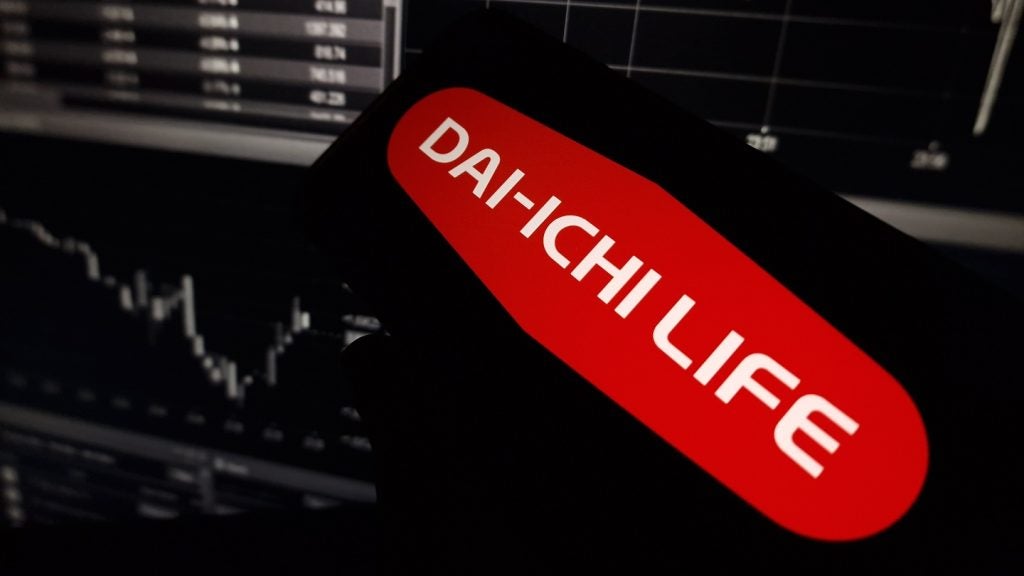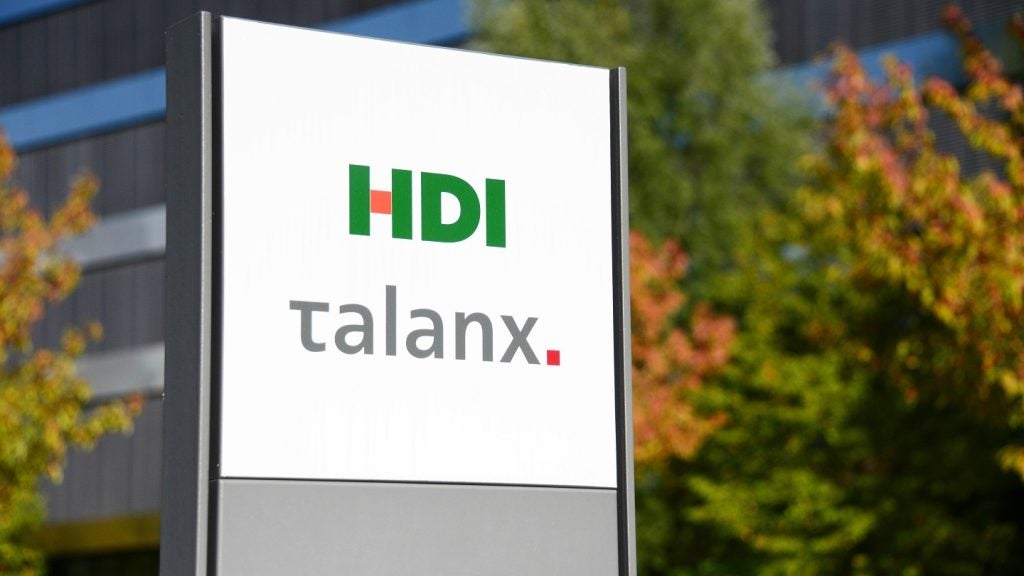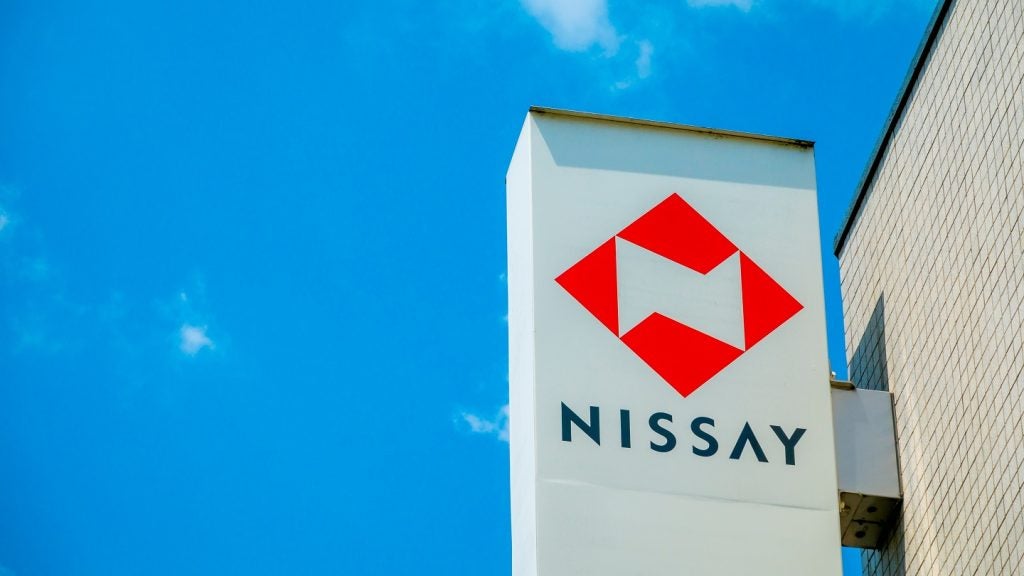
The outlook for the Turkish life insurance market is broadly positive and the sector’s gross written premium is expected to rise from TRY3.8bn in 2014 to TRY6.1bn in 2019, according to a report available from Timetric’s Insurance Intelligence Center (IIC).
The IIC report explains that the key trends driving the Turkish life segment are:
- Digital solutions
- Mergers and acquisitions
Digital solutions: Technology is becoming a key differentiator, and insurance companies are investing in digital solutions to enhance their services and grow their customer base.
Digital solutions can optimize the sales process and increase customer engagement. In 2014, Garanti Emeklilik ve Hayat, for example, strengthened its social media presence by adding Twitter and LinkedIn to its communication channels.
In 2013, Aegon began selling policies and pension plans via tablets. Meanwhile, in January 2015, Halk Emeklilik launched an app that acts as a mobile branch and provides its customers with an uninterrupted service.
Mergers and acquisitions: Mergers and acquisitions (M&As) help insurance companies to diversify their business portfolio.
How well do you really know your competitors?
Access the most comprehensive Company Profiles on the market, powered by GlobalData. Save hours of research. Gain competitive edge.

Thank you!
Your download email will arrive shortly
Not ready to buy yet? Download a free sample
We are confident about the unique quality of our Company Profiles. However, we want you to make the most beneficial decision for your business, so we offer a free sample that you can download by submitting the below form
By GlobalDataIn Turkey, around 75% of the industry is partnered or foreign-owned. It is therefore lucrative for M&As due to its favourable demographics, urbanization and the expansion of the middle class population.
In 2014, Aviva acquired a 49.8% share in Sabanci, while Allianz acquired an 80.07% stake in Yap? Kredi Emeklili in July 2013. In July 2012, Cigna acquired a 51% stake in Finans Emeklilik.
The IIC report states that the main challenges for the Turkish life insurance segment are:
- Devaluation of the currency
- The growth of Islamic finance products
Devaluation of the currency: The Turkish lira depreciated from TRY0.66 per US dollar to in 2010 to TRY0.45 in 2014, and TRY0.35 during Q1 of 2015.
As Turkey is a major importer of oil and gas from Iran and Russia, the devaluation of currency causes an increase in energy and fuel prices. This will affect the Turkish economy and its insurance industry over the forecast period.
The growth of Islamic finance products: Turkey’s government has shown a keen interest in the growth of Islamic finance products, and announced the launch of three state-owned Islamic banks. These banks will be the subsidiaries of Ziraat Bank, Halkbank and Vak?fBank, which are all state-run conventional banks.
Commenting on the outlook for Turkey’s life insurance market in 2016, Marios Apergis, director of life, accident and health at Athens-based reinsurance broker and consultant Carpenter Turner, expects Turkey’s life insurance and reinsurance market to grow in 2016, though perhaps at a slower pace to that of past years.
Apergis says: “The main drivers for growth will be the continued increase in Turkey’s GDP and corresponding increase to disposable income. The domestic credit expansion and real estate growth is another key growth driver. However, the stability of the Turkish market faces a lot of domestic and non-domestic challenges that are likely to have a limiting impact to the growth of life and health insurance in Turkey in 2016.”
He adds: “The key life product in 2016 in Turkey will continue to be credit life Insurance and/or PA cover, as well as pension business. In the 2nd half of 2015, we saw the introduction of legislation on compulsory miners PA cover, this has been imposed to the market by the regulators making it compulsory to all insurers writing PA business to insure, if requested, miners for PA at tariffed rates set by the Turkish Regulatory authorities and we will see how this develops in 2016.”
In terms of distribution, in Apergis’s view, for life and pension business, the banks will continue to be the main distributor of business, with about of 80% of the business written, making it very difficult for insurers with no bank distribution agreements in place to grow substantially.
Apergis adds that Turkish regulators have said that Turkey will also follow the Solvency II regulations, but with a time lag.
He says: “Given the introduction of Solvency II in Europe this year, I expect to see more regulatory action in Turkey in 2015 and beyond that will further align local solvency rules to Solvency II.”
Speaking to Life Insurance International, Paul Brencher, CFO at Aviva Europe, has said the demographics in the Turkish market illustrate a sustainable strong opportunity for life insurance sales due to:
- A young, growing population benefiting from improving living standards (Age 0-35 represents c60% of population);
- Low penetration rates across protection and pension products
- An increasing public interest in annuity and personal accident products;
Brencher says: “With this background, pension and protection products will continue to be very relevant, complemented with an emerging personal accident market and annuities.
“Recent local regulatory changes illustrate support for a growing pensions market, introducing amendments to customer charging structures aligned to this environment.”
Evrim Koksal Arkut, risk consulting and insurance director, Turkey, at Towers Watson, has told Life Insurance International bancassurrance is the main distribution channel in the Turkish life market.
Arkut explains that for private pension business, which is sold by specially licensed life insurers, most of the business is written through a mixture of bancassurance and direct sales teams employed by life insurers are used.
She says: “We see that purer bancassurance channels have a cost advantage in the Turkish market. Given the regulatory pressure on charge levels, there is a significant need to manage costs and build scale. We think the companies with a purer model of bancassurance will have a significant advantage.
“On the other hand, alternative sales channels such as telemarketing, direct sales teams targeting high net worth clients and agency management will continue to be important areas for the players who would like to diversify their dependency on the b a n c a s s u r a n c e channel.”







